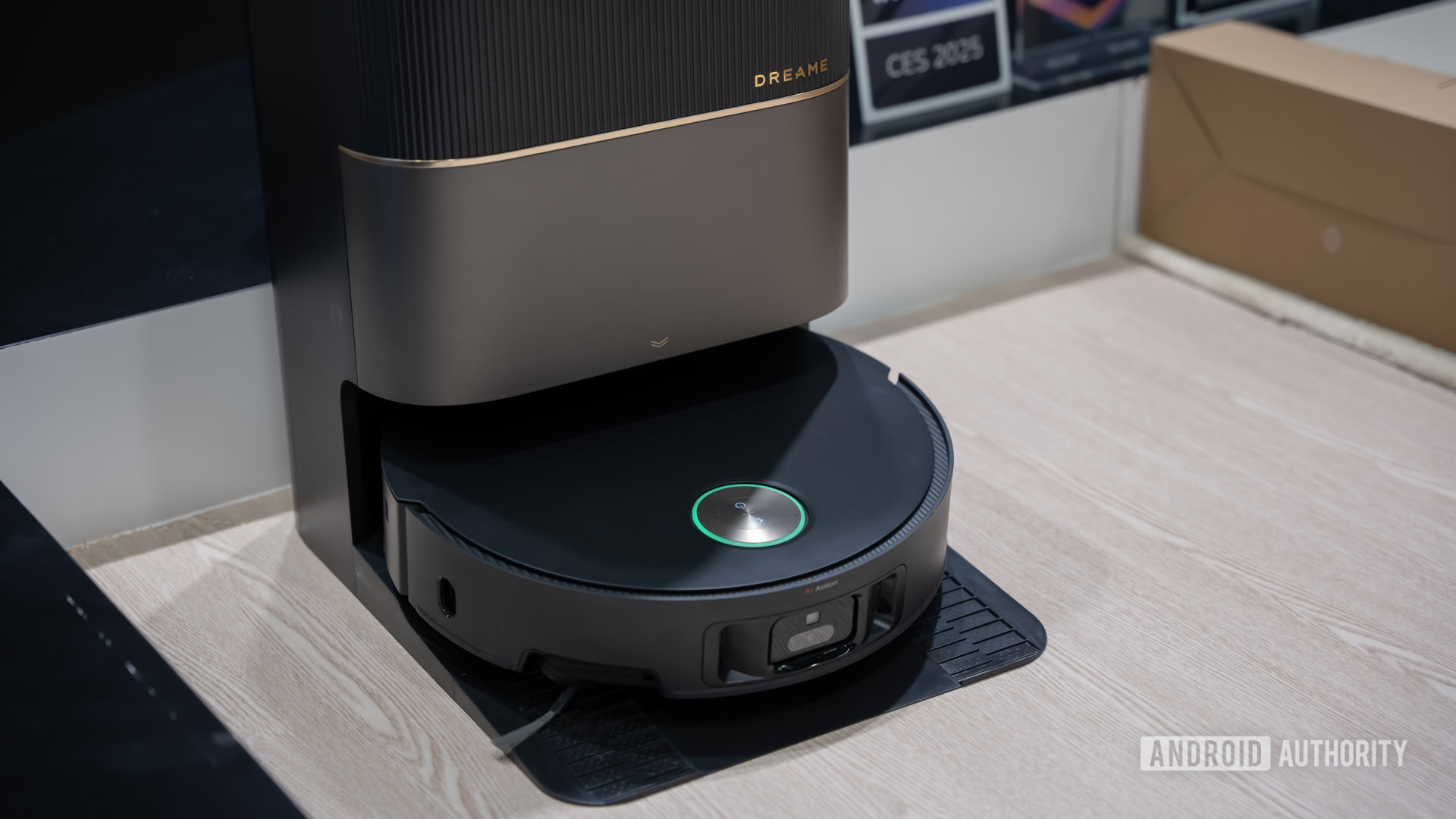Just installed Linux on an old PC and want to know how to you can make the most of it? Or maybe you want to do more in the terminal? I’ve gathered some free and open source software for Linux that’s worth an install this weekend.
With these recommendations, I try to include a mix of informational, practical, and entertaining applications. I install them and check that they’re actively maintained by app developers. You don’t want to be surprised by broken, outdated software, and all of these I’ve tested to at least make sure their core functionality is working.
Journald Browser: Easily Find System Errors and Crashes
When you want to examine systemd journals—the continuous log of everything happening on most Linux devices, the conventional approach is to head for the terminal. You’ve got to get familiar with systemctl commands just to read your Linux system logs.
With the right software, though, you can forget about systemctl commands. Journald Browser (also called Kjournald), developed by the KDE team, gives you a graphical window to click through, showing you easily filterable systemd journals. Using it, to me, is somewhat like using Windows Event Viewer when I’d check Windows BSOD logs.
You can filter by process if you need to know what’s happening with a specific piece of software, or by entry type (priority) if you want to identify the source of a crash or shutdown. It’s all color-coded, too, to make skimming easier. There’s a simple drop-down menu in the top-left corner to switch between logs, which are all dated and time-stamped so you can quickly jump to which session you’re doing forensics on.
You can find Journald Browser in many Linux repositories:
sudo pacman -S kjournald #Arch
sudo dnf install kjournald #Fedora
sudo zypper install kjournald #openSUSE
You might notice there’s no mention of an APT package. Surprisingly, I couldn’t find Journald Browser in either Debian or Ubuntu repositories. However, I was able to find it on the distro-agnostic Snap Store.
outside: Check the Weather in Your Terminal
If you’ve ever wanted to know what the weather was in London, in Dubai, or beyond the glass of your office window, but you didn’t want to leave the Linux command line, just look outside. Well, look at outside.
The outside utility is a multipurpose weather tool written in Rust for the terminal. You can use a command with options to specify a city, your preferred unit of measurement, and you’ll get a printout of the current weather and forecast. For example:
outside -o simple -l 'Los Angeles, US' -u imperial
This will give you a one-line update on the current weather in LA, with the wind speed, precipitation chance, and the temperature in Farenheit. You can also use these other options with -o to alter the output:
- tui: See a graphical TUI (the default if -o isn’t specified, pictured above)
- detailed: See a very detailed list of weather information
- json: Get detailed information in JSON format
- waybar: Get configuration for a module in the Waybar application
Aside from the one-time reports, though, the graphical TUI is extra useful if you want a live-updated weather dashboard. You can bookmark several cities and switch between them whenever you need to see what the weather for your friend in Finland is like.
To install outside, you’ll need to head to the outside release page on GitHub and download the DEB file if you’re on a Debian or Ubuntu-based distro, or the RPM file if you’re on Fedora or openSUSE. Everyone else can download the binary, or use Cargo following the instructions for installing outside on GitHub.
Strawberry: A Powerful Music Player
If you listen to music from numerous sources, like local storage, disc drives, and remote servers, you should probably be using Strawberry. It’s a free and open source music app that’s packed with features and support for sundry media sources.
It’s able to generate “smart” playlists based on your listening habits or changes in your music library. You can listen to internet radio, including dozens of channels playing all sorts of music you can immediately tune into with Strawberry. It also finds lyrics and artwork for you so you can enjoy your music without digging up metadata.
I liked in particular that it supports the Subsonic API, which my Nextcloud server that stores a lot of my music can serve music with. That means I don’t even need my music stored on my Linux computer; I can just log in and start streaming directly from my music collection in Nextcloud.
The app design has a Windows 7-esque design that might be off-putting to some, but others may find charming. I don’t particularly care; I just like that it plays my music.
You can install Strawberry from most Linux repositories:
sudo apt install strawberry #Debian and Ubuntu
sudo pacman -S strawberry #Arch
sudo dnf install strawberry #Fedora
sudo zypper install strawberry #openSUSE
If these apps don’t quite pique your interest, I recommend you check out my September 19 collection of Linux apps. My recommendations last week were musical, geographic, and productive—something for everyone.










